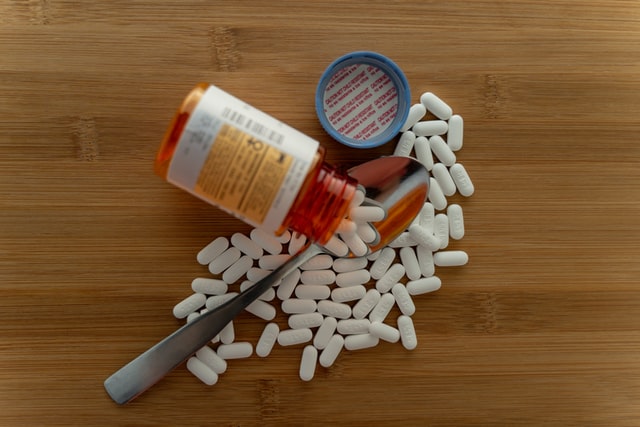
As a parent, you want to do everything you can to keep your child healthy and safe. Unfortunately, as your son or daughter gets older, there are many more dangers you may wish to protect them from engaging in. One of those could be a struggle with substance abuse. It can be difficult to pick up on if your child has a problem, however, which is why you should reference the list of signs below.
1. Atypical Moodiness
As your child becomes a teenager, they likely become moodier. If those emotions seem atypical or abnormal for your loved one, however, there could be a sign of substance abuse. You may see increased aggression, depression, or even anxiety, for instance. If you notice any of these signs, it may be time to look into California addiction treatment centers for your child to get help.
2. School Performance Concerns
If your child was always a star student and suddenly starts to decline in their learning, they could have a substance abuse problem. If your loved one suddenly has a multitude of failed tests and assignments, for instance, they likely have lost focus due to some issue. Your child may also start to miss school more than they used to. Sometimes, you may even receive reports from teachers about your student skipping classes so that they can get their substances.
3. Avoidant Behaviors
Children struggling with substance abuse problems will often have a hard time with social circumstances, meaning they will avoid being around family members and old friends. If your loved one still conversates with you, you will notice that they seem to be more on edge or more anxious. If your child seems more withdrawn, talk to them about what is going on to see how you can help. If they decline to open up to you, there is probable cause that they are hiding something.
4. Overreactive
As mentioned, children who are on substances likely get overwhelmed quickly, meaning they react even in a normal conversation. They will be more on edge, and little things could set them off if they feel as if you are out to get them. This latter fact is likely, not true, so be sure to reaffirm to your child the love that you have for them. You need to create an atmosphere of trust so that you can get your loved ones the help they need.
5. Decline in Appearance
If your child suddenly stops caring about what they look like, they probably have something going on. Your loved one will have such a keen interest in the substances that they do not care about anything else, including their hygiene. Most drugs also have physical effects on the body. These include rapid weight loss, thinning hair, and even the yellowing of teeth, no matter how often your child brushes them.
6. Found Evidence
The most obvious way to tell if your child has a substance abuse problem is if you find drug paraphernalia or other pieces of evidence. In your loved one’s room, there could be large amounts of cash, scales, pipes, lighters, vapes, papers for rolling, and so much more. Make sure to check your prescription pill bottles too if you have any suspicion, ensuring that none are gone. You want to catch the problem before it is too late to work out a recovery plan together.
7. Intoxication
The final sign of substance abuse problems, if your child does not have paraphernalia in your home, is obvious intoxication. When your loved one returns to your home after being gone for a while, check to see if you notice the smell of tobacco, marijuana, or alcohol, for instance. Notice how they act to see if they appear intoxicated. Look out for slurred speech, difficulty walking, giddiness, reddened eyes, and any other atypical personality trait.
Final Thoughts
Ultimately, there is only so much that you can do as a parent to prevent substance abuse problems. Do not blame yourself if you notice that your teenager seems to have a struggle in this area. Have conversations with them or substance abuse professionals so that you can get your children the help they need before they ruin the rest of their lives.


